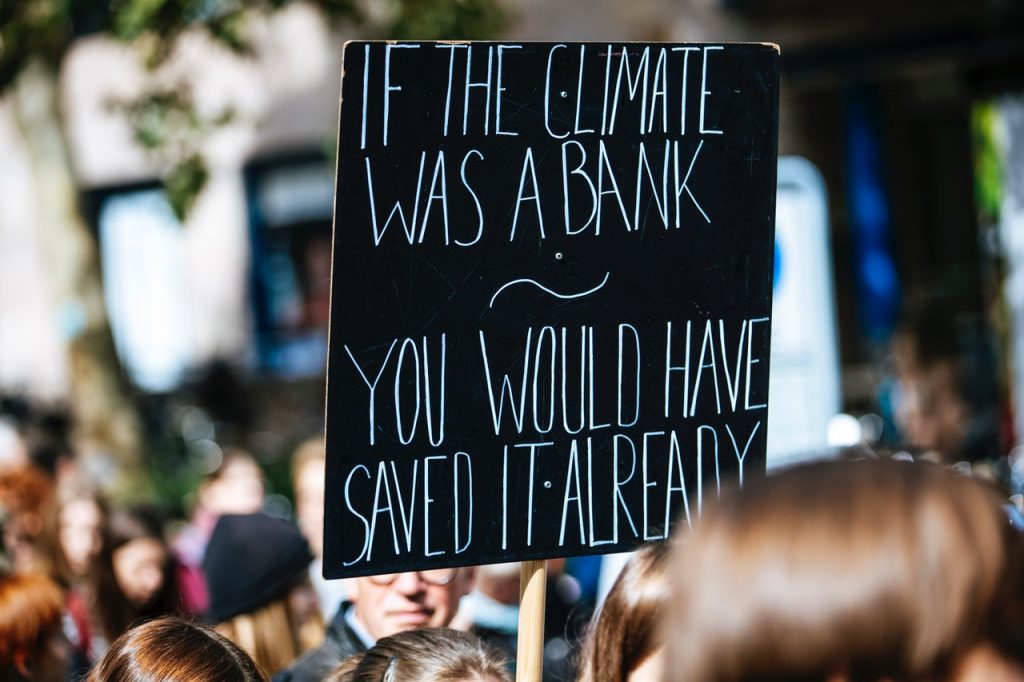Our Disrupted New “Normal”
While many of us are at home — with others or alone — the world outside is changing. Under the pressure of a global pandemic, many are seeing the possibility of further change — of the ways that it becomes more possible every day to resist falling back into “normal” once quarantines and self-isolation protocols are lifted.
But many of us aren’t there yet. We can’t think about what we might do with these forced changes, these new perspectives, this undirected energy. Many of us are experiencing conflicting feelings about the ways that the coronavirus has affected daily life. We are caring for sick loved ones or fretting over their health and safety; we are in throes of anxiety over our financial situations present and future; some are grieving over the loss of loved ones and the loss of life as we knew it. We are under pressure to ignore all of this and maintain “productivity.”

What the Pandemic Does not Teach Us
Relentless negativity in the news cycle and on social media has many of us gasping for a breath of good news, grasping at any tangible sign of positive changes in the world. Recently, stories of animals moving into the spaces recently vacated by humans have captured the attentions and imaginations of many online. Pictures of dolphins in the canals of Venice, elephants in Yunnan, China, and mountain goats in Llandudno, Wales made the rounds, provoking comments about how quick nature is to flourish in human absence.
Many of these resurgent-animal posts have turned out to be clever graphic manipulation, fakes, or just the decontextualized everyday. As Jeff VanderMeer puts it:
A good percentage of the “nature’s coming back” posts that aren’t fake are just folks who never were home during the day to know what the hell was going on in their backyard on the regular.
— Jeff VanderMeer (@jeffvandermeer) March 27, 2020
In addition to highlighting missing context, celebrating non-human resurgence can have nasty undertones. Last January, during a public talk at McMaster University entitled “My World’s on Fire, How ‘bout Yours? Unravelling the Politics and Culture of Climate Change,” professors Susie O’Brien and Robert O’Brien fielded a comment-more-than-question from an audience member who insisted that in response to the complex problem of climate change “we need a new plague.”
Well, here we are. But the Malthusian solution to environmental stress rarely considers the injustice of this answer to the question of our climate change response. Who is most exposed to coronavirus? The poor and working class who have no choice but to work if the work is available, and the homeless who cannot self-isolate. Neither does a drastic and sudden reduction in human population consider the extreme amount of human suffering that this downward trend represents. Rarely do the people making this suggestion consider themselves to be among those who succumb to their suggested plague, nor do they consider their own family and friends among the devastated survivors. This so-called solution, which comes up far more than it should, is steeped in privilege.
If we learn anything from this experience, let us learn to resist this rhetoric. Let us remember that People Aren’t Bad for the Planet–Capitalism Is. Let us continue to use our time to imagine new equitable social structures to slip into when we collectively open our doors some months from now.
